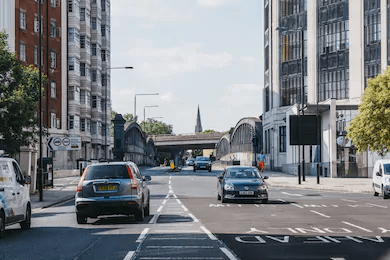Tyre Maintenance
Your tyres are the only contact between you and the road and, like your vehicle, they too require regular maintenance.
Here Are a Few Tips
Check your tyre pressures regularly, once a fortnight is recommended and ideally when your tyres are cold. Inspect tread and sidewalls for cuts and abrasions, bulges, unusual wear and road damage.
If the tyre receives a severe impact, ask your tyre retailer to check for internal damage. Do not repair cuts in sidewalls of radial ply tyres.
Avoid using 'sealants' or other liquid preparations to prevent deflation. These may cause the valve to stick open slightly, causing pressure loss and indirectly causing corrosion of steel belts.
Driving on under inflated tyres is almost certain to cause serious damage, always inflate tyres to the suggested pressure.
Take action immediately to rectify any unusual sounds or vibrations. Tyre balance and vehicle wheel alignment should be checked regularly, (ie every 10,000km), especially if your tyres are subjected to rough roads or aggressive driving.
Tyre wear on front wheel drive vehicles is a little higher and therefore, attention to tyre pressures as well as rotation should be made on a regular basis.
Tyre Pressures
Maintaining the correct pressure is the easiest, yet most important thing you can do to get the best performance, economy and safety from your tyres. Information relating to the correct pressure should be available from your vehicle's tyre placard however, considering these points may help:
Different driving conditions require different pressures. For example, a higher pressure is usually recommended for high speed driving or when carrying or towing a heavier than normal load. Seek advice on what is best for you and your car.
Tyre pressure should be checked when tyres are cold, as pressures will increase when tyres warm up.
Under inflation of tyres can cause them to experience uneven or rapid tread wear, as well as lead to an increase in fuel consumption. In addition, under inflation reduces your vehicles braking and handling capabilities, and can ultimately lead to serious tyre failure.
Where possible, carry your own tyre pressure gauge.
Sealing valve caps must ALWAYS be used, the best being the metal type.
Tyre Rotation
Regular rotation of tyres is a proven method for promoting even wear and therefore extending tread life. If uneven wear has occurred, this may be due to worn suspension components, vehicle misalignment or incorrect tyre balance. These concerns cannot be corrected by simply rotating the tyres. Your local tyre retailer should correct these problems.
Front to back same side rotation is acceptable when tyres are wearing unevenly. If the spare is included in the rotation it should be exchanged with the tyre allocated to the right hand rear position.




